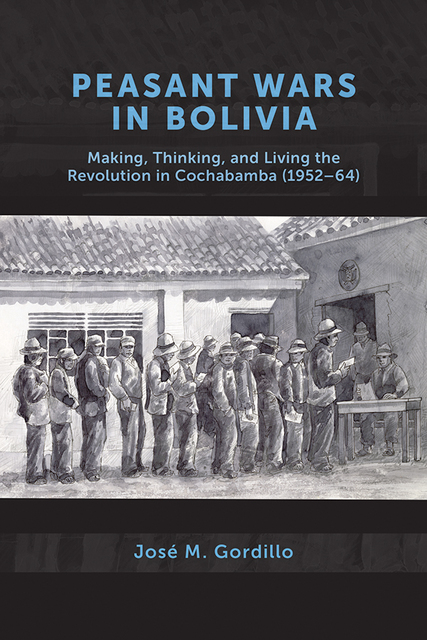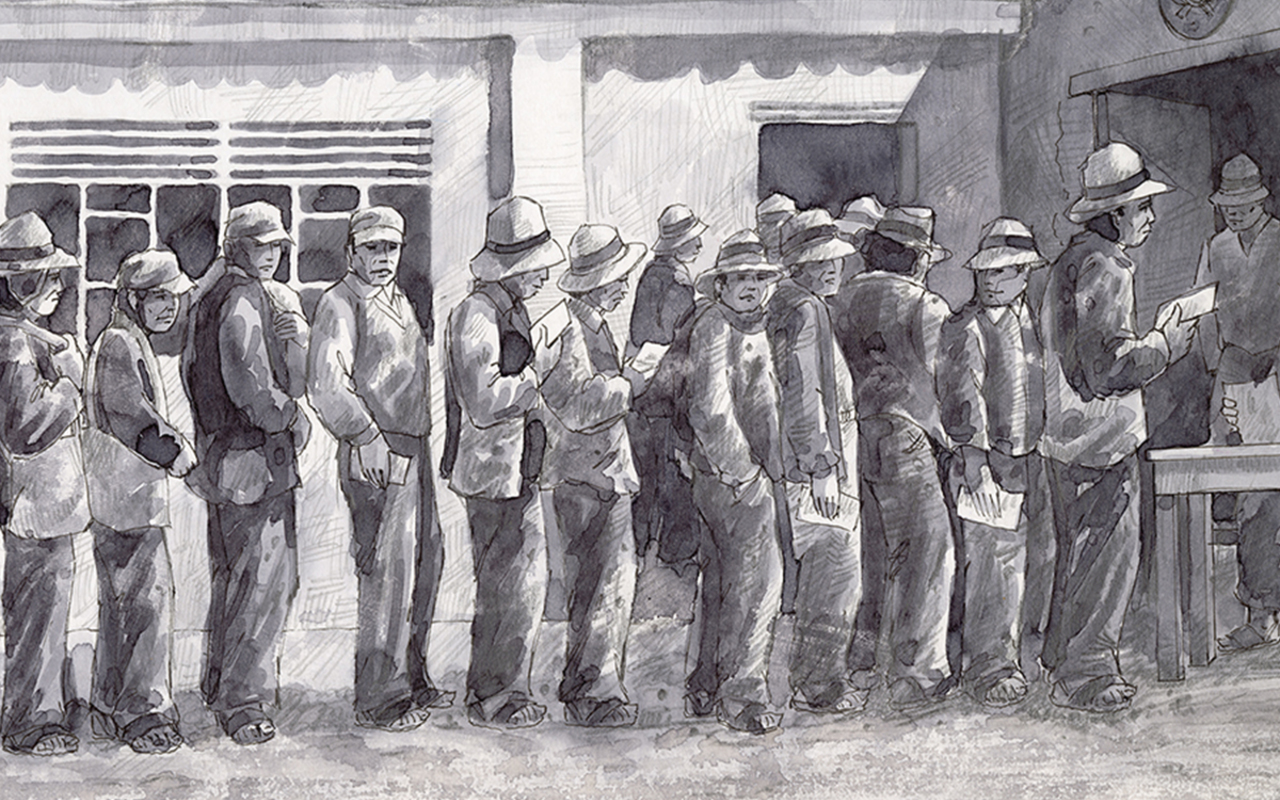A very welcome addition to the "new social history from below!" This book plots the vital role that militant "campesino" actors played in transforming Cochabamba's local political culture in their own agrarian/leftist image. Through oral testimony, vivid ethnography, and close textual interpretation, Gordillo unsilences the voices of his historical protagonists and opens a window into their quotidian "lived experiences," attitudes, and aspirations during two decades of wrenching political change. In short, the author creatively restores peasant agency to the center of the narrative and, from that vantage point, reappraises the revolution's powerful impact on the course of modern Bolivian history.
—Brooke Larson, Stony Brook University
Jose Gordillo’s fascinating history reveals that Bolivian peasants were a diverse group of shrewd political actors who transformed Bolivian society in the wake of the 1952 Bolivian revolution. Peasant Wars in Bolivia is a must-read for anyone interested in social revolution, agrarian transformation, and peasant politics.
—Sarah Hines, author of Water for All: Community, Property, and Revolution in Modern Bolivia
Cochabamba’s peasants were central to the 1952 Bolivian Revolution, yet their goals, values, and political behavior are still poorly understood. Peasant Wars in Bolivia excavates their history using untapped archival sources, interviews with veterans, and rare images of the revolutionary years. Gordillo demonstrates that peasants were not a passive herd but rather strategic and complex political actors. In the process he offers insights about political agency, mestizaje, gender, class, and nationalism that have relevance far beyond Bolivia.
— Kevin Young, author of Blood of the Earth: Resource Nationalism, Revolution, and Empire in Bolivia


